Also known as L-Glutamine, glutamine is the most abundant amino acid in the body, particularly in muscle fibres and the digestive system, hence its importance in supporting the immune system. You should know that our bodies produce this amino acid naturally, and it is also found in many foods. However, in some cases it may be necessary to supplement with glutamine for optimal health and recovery.
But what is it exactly ?
An intestinal membrane, it is the most abundant amino acid in the blood and muscles. The glutamine is essential for acid-base balance, immune protection, protein synthesis and proper functioning of the intestinal wall. Several years ago, the intestine was considered to be a vulgar pipe through which food leftovers had to be evacuated. Those days are over! Today, it has become more important to everyone: health professionals and citizens of the world.
A large body of scientific research has clearly described the fundamental roles of the intestine, its flora and its wall in maintaining good health. The intestinal wall acts as a barrier between the so-called external materials (foreign to the human body) and the so-called internal environment of the human body. This wall very closely manages the exchanges between these two external and internal environments (digestion, absorption and the production of essential nutrients). Simply put, it is like a very strict and selective filter. It must then create a balance essential to the proper functioning of the body for everything to work.
What is it used for ?
Detoxify your body: intense efforts, which are costly in energy, cause a significant production of ammonia (NH3). This neurotoxic waste is fixed by glutamic acid, which leads to the synthesis of glutamine.
Protecting the intestine: Glutamine is an energy source for the intestinal cells, but the body reduces smaller amounts during physical exertion. More needs and therefore systematically less resources. This creates energy stress which increases the risk of intestinal permeability.
Tissue synthesis: glutamine participates with other amino acids in the manufacture of our tissue proteins.
Acid-base homeostasis: here, the elimination of acids involves a set of “buffer” systems that protect our tissues from metabolic acidosis. You should know that a higher production of ammonia and, an over-consumption of glutamine in the kidney is, in particular, caused by diets low in carbohydrates and hyperproteins. Indeed, in normal times intended to compensate for the acidosis of such a diet, this high production exists because of the dietary choices that many athletes in weight categories (combat sports such as judokas, boxing …) advocate.
The effects in a sportsman
As an athlete, chronic glutamine supplementation reduces the intestinal permeability caused by exercise, and acute supplementation prevents the increase of this permeability during exercise. In particular, it combats catabolism, the acceleration of muscular anabolism and, among other things, reduces muscle damage and inflammation resulting from intense physical effort.
After intensive sport, glutamine reduction can be considered as a marker of overtraining. Therefore, an increase in glutamine for the improvement of immunocompetence after intense exercise.
What about the scientists’s opinion ?
Some studies show the benefits of glutamine on the recovery of the athlete. However, the evidence is not yet sufficient to have a conclusive result. Thus, it is not certain that supplementation is necessary. Knowing also that in the long term, it is not free of side effects (risk of cancer, kidney disease …). Our opinion: To be taken yes, but in moderation. You are finally an expert in glutamine !

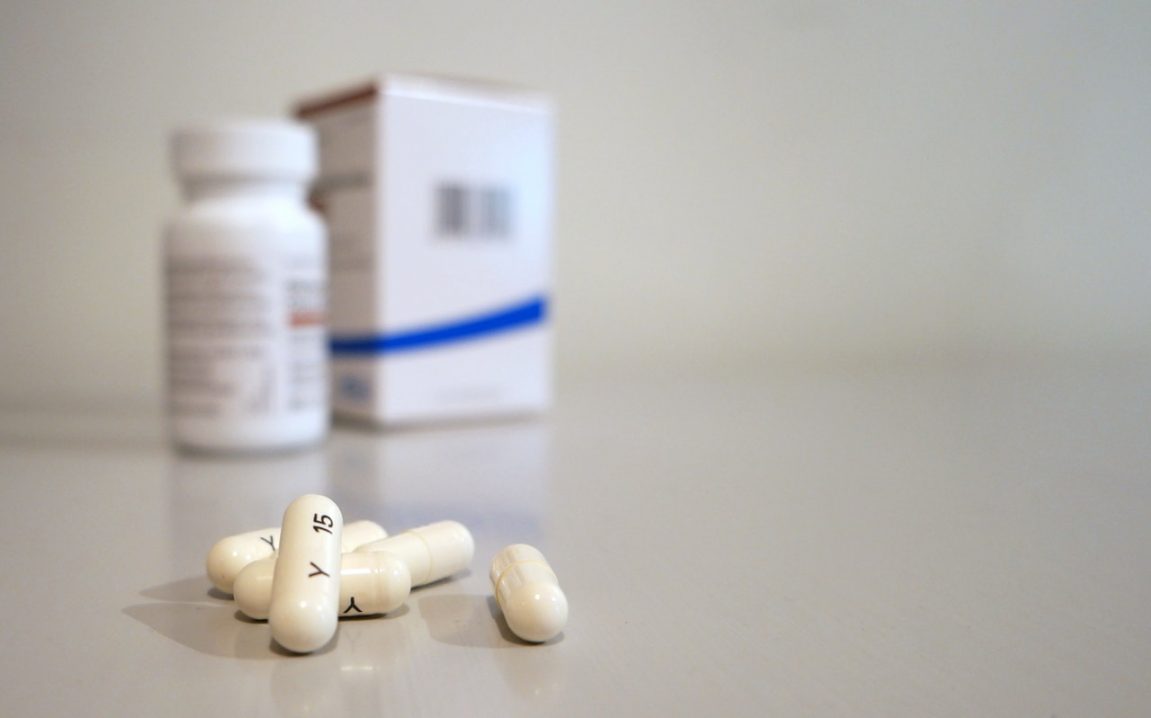
















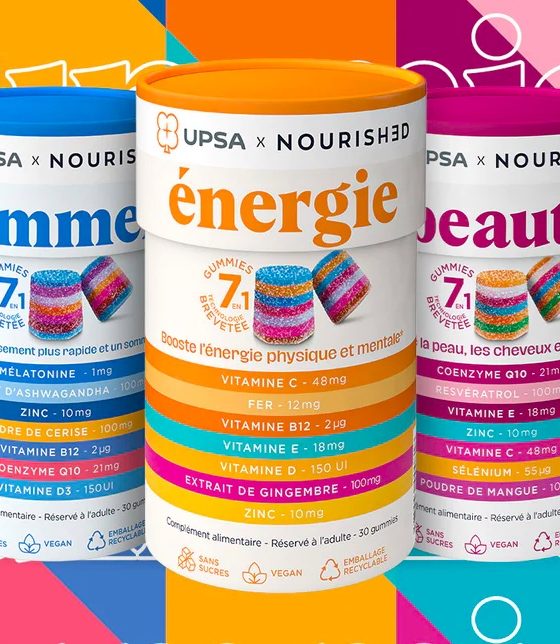

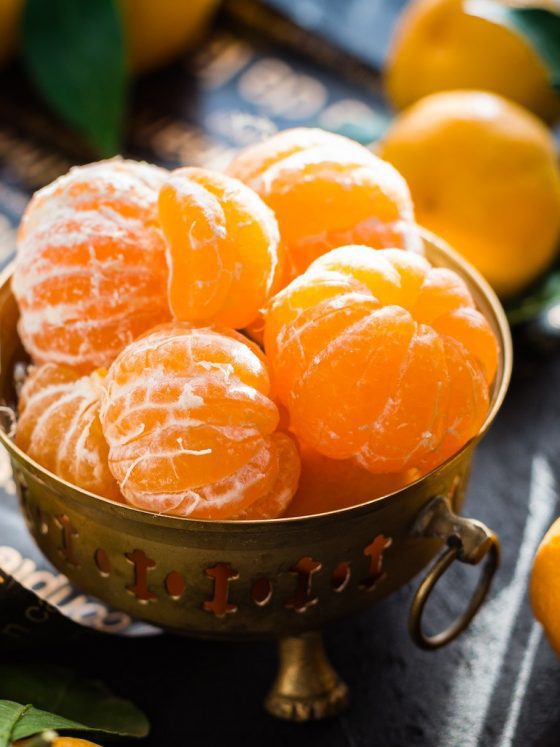

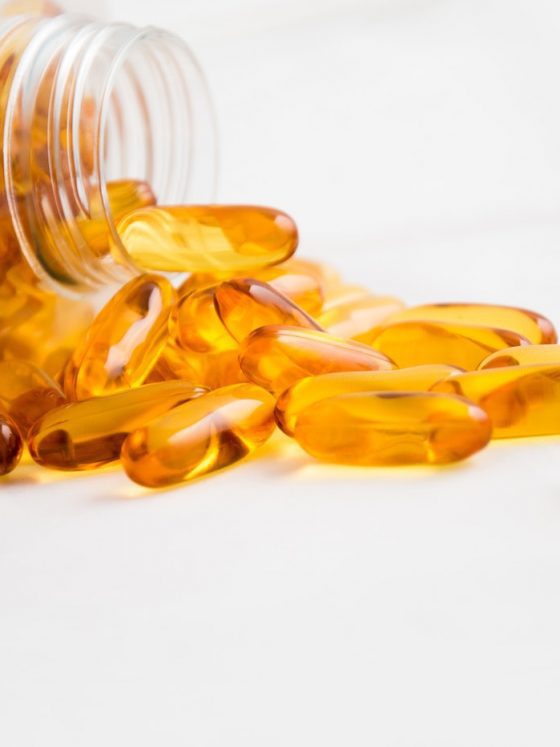

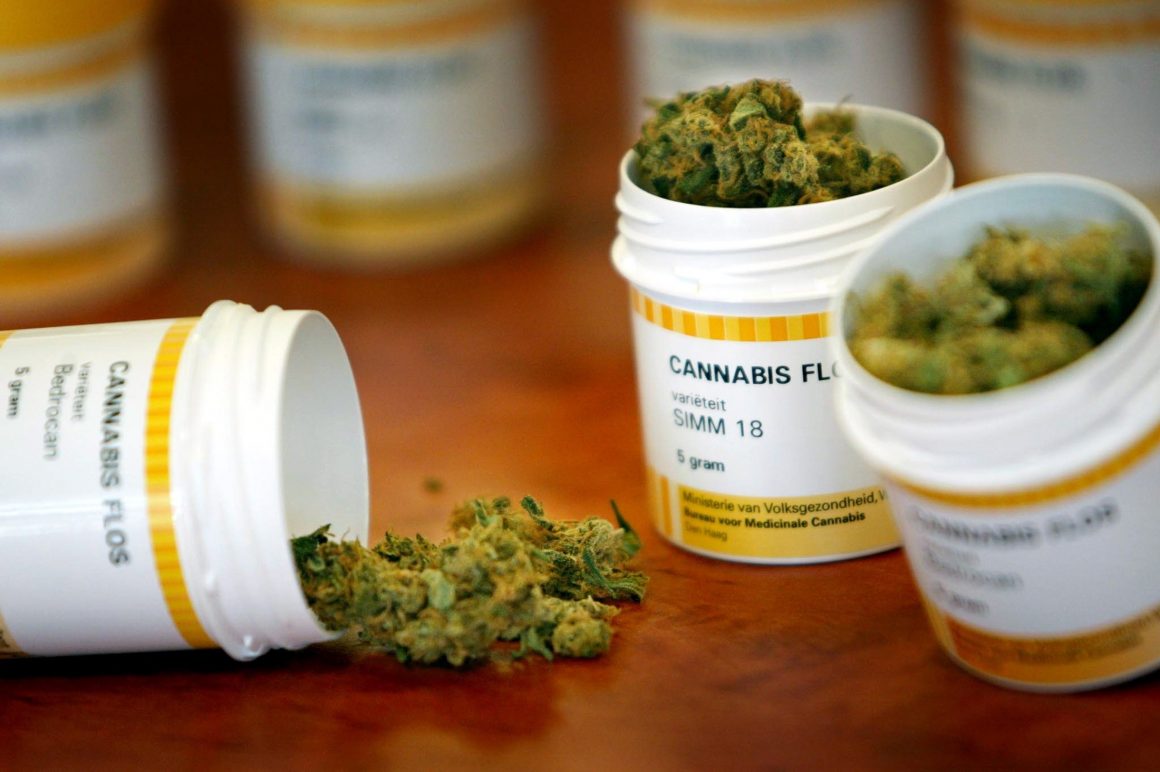






Follow us on Instagram